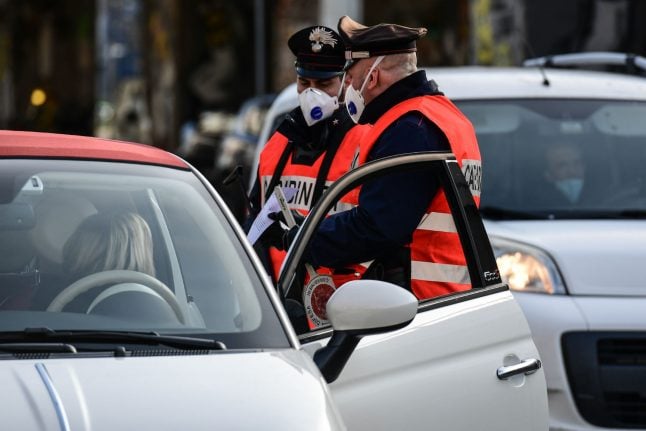Swiss officials were caught by surprise by Italy’s announcement because Switzerland and its other neighbours, Germany, France, and Austria, agreed to lift travel restrictions only from June 15th. At the time of the agreement Italy was still in partial lockdown.
The re-opening “is a unilateral decision made by Italy, we were not informed of it”, the Swiss Minister of Justice and Police Karin Keller-Sutter said in an interview with the SRF radio station.
She also said she is planning to meet with the Italian Minister of the Interior Luciana Lamorgese in the next few days to discuss the unexpected opening.
“Switzerland will decide independently whether it will allow people from Italy to enter at this time,” Keller-Sutter said.
READ MORE: LATEST: Italy to allow international travel from early June
She added that “it is also important to discuss this problem with the canton of Ticino, which has been strongly affected by the pandemic.”
Ticino president Norman Gobbi told RSI television that he is worried about possible consequences that an opening of the border could have on the epidemiological situation in the canton.
“The situation in Italy has calmed down, but it is still more delicate than in Switzerland, Austria or Germany,” Gobbi said.
Ticino, which shares a wide border and close economic relationship with Italy, was among the cantons that were most heavily hit by the Covid-19 outbreak.
In fact, Ticino had Switzerland’s first coronavirus case in February — a man who was infected while in Milan.
Nearly all of the early Covid-19 patients in Switzerland caught the virus in Italy or from someone who had travelled to Italy. For that reason, the border between Switzerland and Italy was the first to be closed, on March 11th.
Since the closure, only a limited number of people have been permitted to enter Switzerland — mostly about 70,000 cross-border commuters from Italy who are employed in Ticino.



 Please whitelist us to continue reading.
Please whitelist us to continue reading.
Member comments